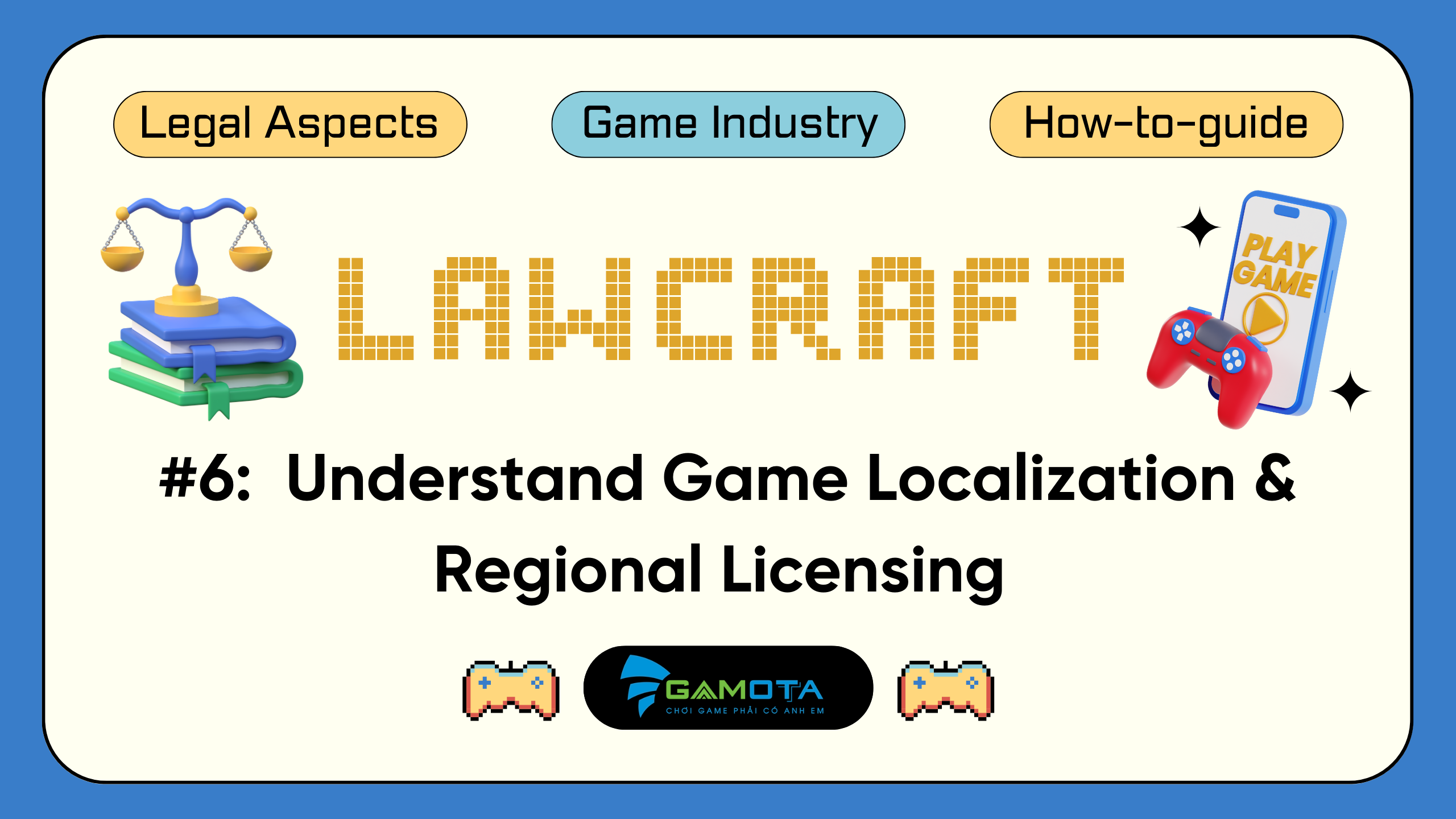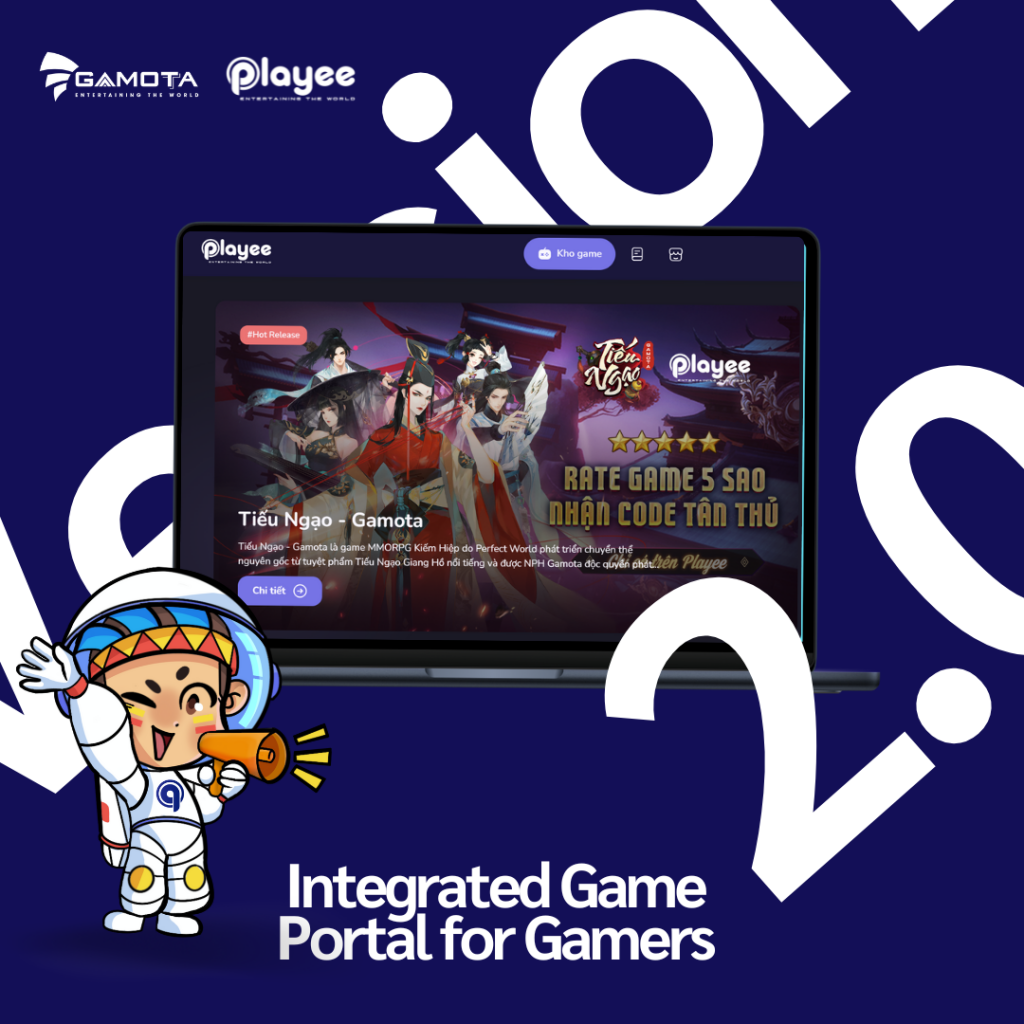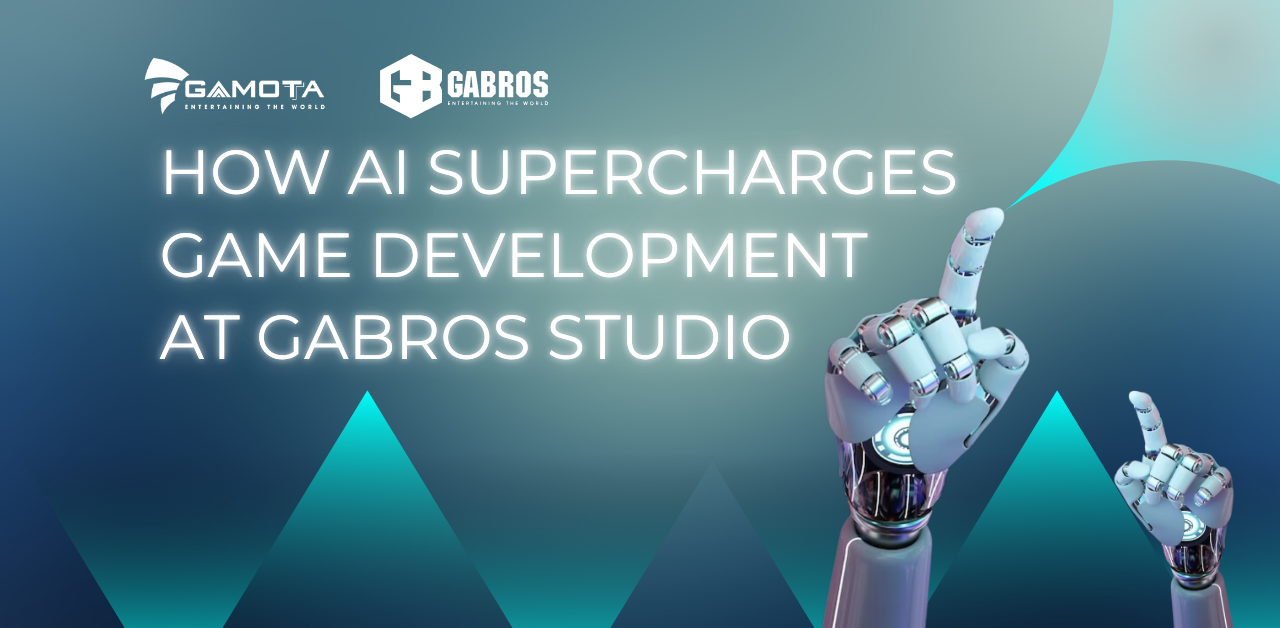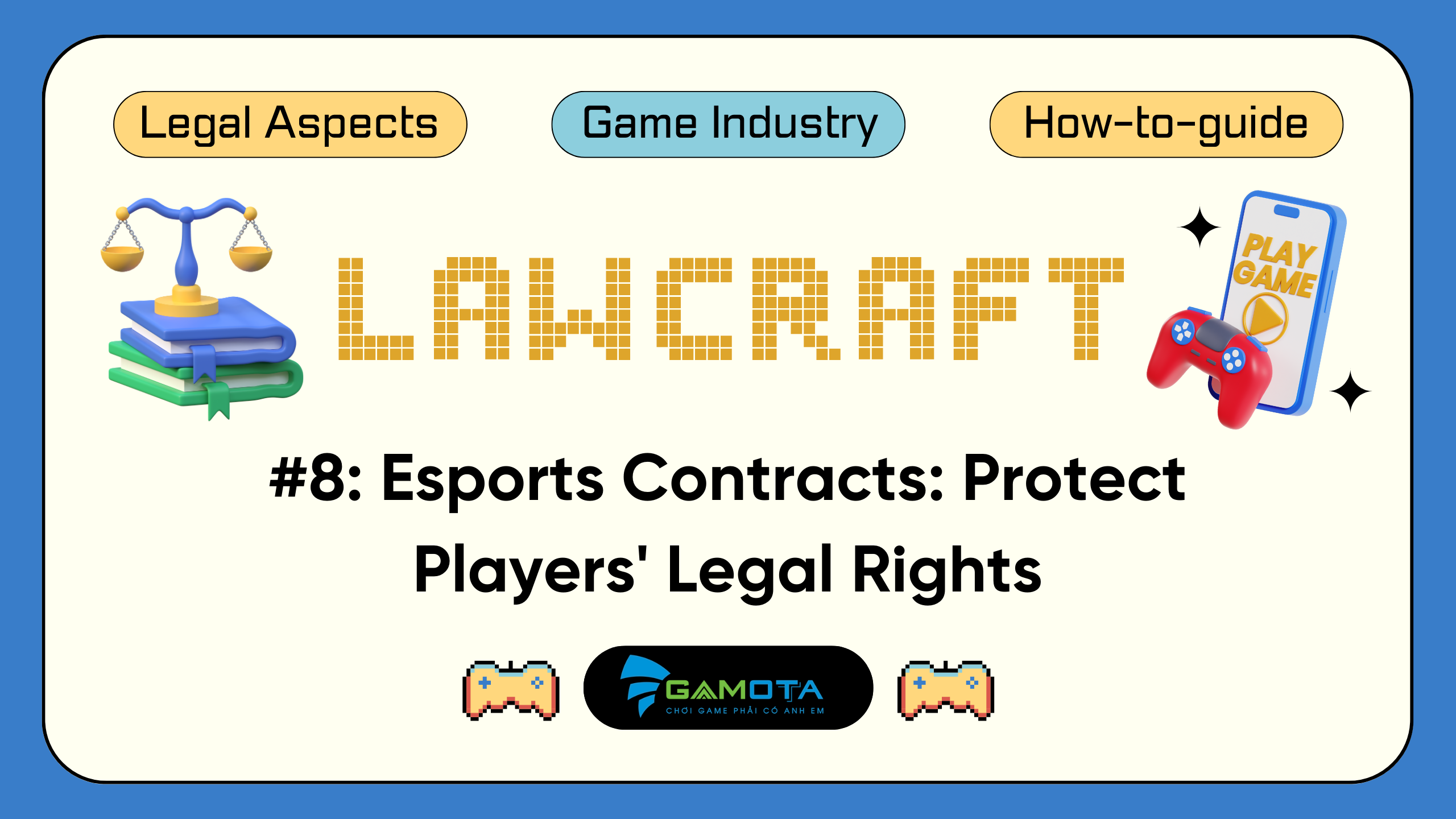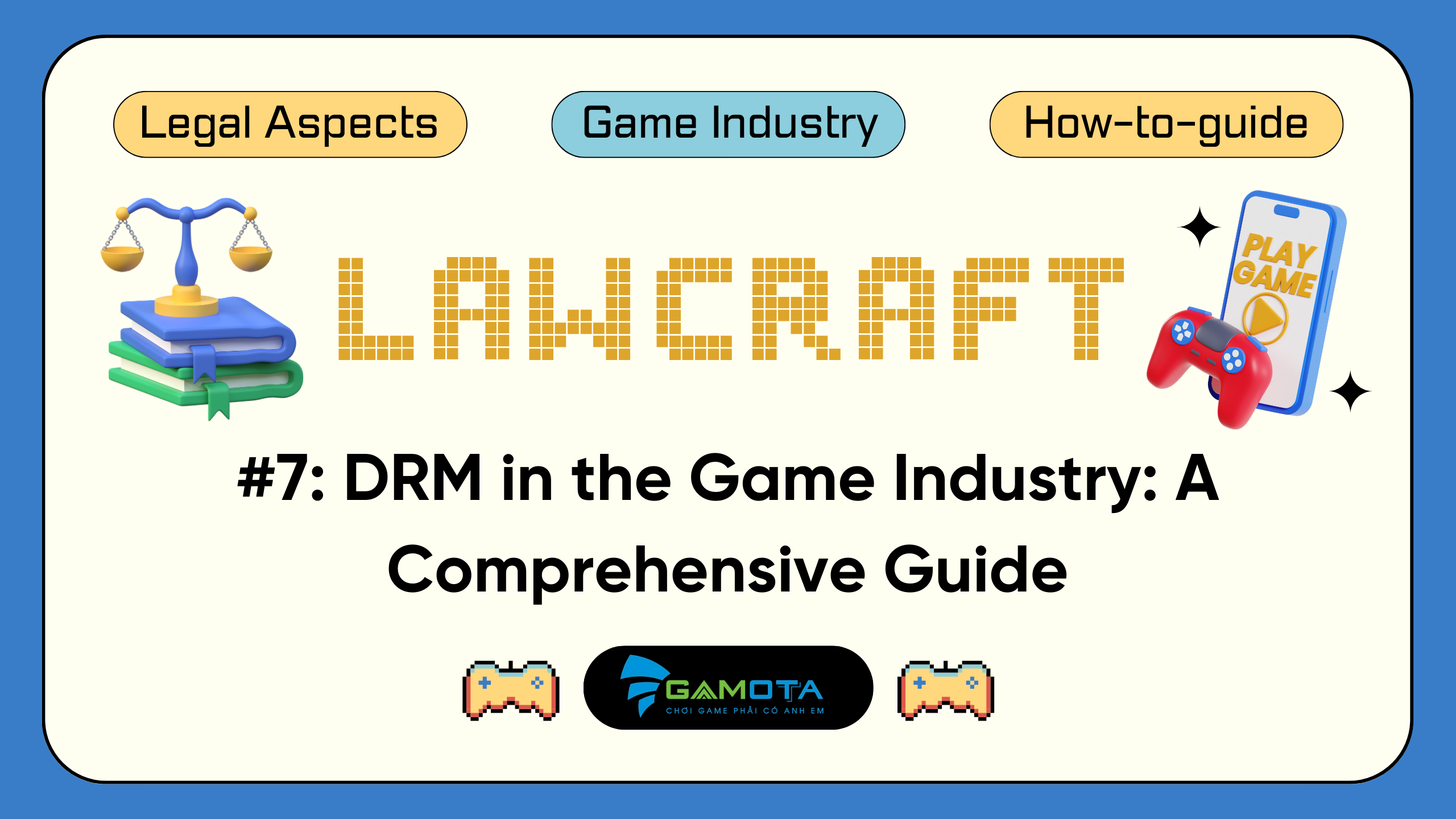So, you’re a game developer and you’ve devoted all your time and effort to creating an amazing game. Now what? How about making sure it’s accessible and relevant to a global audience? Your game needs the attention it deserves. And this is when game localization and regional licensing come into play
Why is all of this important for game developers, you ask? Well, simply put, the global gaming industry is booming and it’s only getting bigger. If you want your game to stand out and generate revenue in this crowded market, then you should penetrate more than one market to address a diverse range of players across the globe. If you are still with us on this, let us help you navigate localization and regional licensing through this blog
Disclaimer: You should take note that we are not legal consultants or counselors. However, we are an enterprise that has dealt with so much paperwork, and legal documents to bring the best entertainment experience tailored to our customers. We are delivering messages based on our work ethics, experience, and of course, objective standpoint accumulated from ups and downs. Therefore, keep this article as a checklist for a piece of mind. Okay, now let’s get started
Understanding Game Localization
The Definition of Game Localization
What is localization? We’ll simplify it here: Localization is the process of adapting a product or service to meet the linguistic, cultural, and other requirements of a particular country or region. Game developers use localization to make their games more accessible to gamers in different countries and to increase user engagement. Successful localization can improve the marketability of a game and is critical for game developers looking to expand their reach.
One of the most notable examples of successful localization is the Pokemon franchise. The series’ developers were able to create games that catered to the preferences of gamers in different regions of the world. For instance, the games were translated into multiple languages and the gameplay was customized to reflect cultural differences. As a result, Pokemon became a global phenomenon.
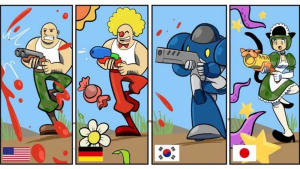
The Process of Game Localization
The process of localization involves much more than just translating the game’s text. It requires a comprehensive approach that includes globalization, linguistic quality assurance, and cultural adaptation. Here are the key steps involved in the game localization process:
- Content analysis: This involves identifying all the game elements that need to be localized, including in-game text, graphics, audio, and cultural references.
- Lockit development: A lockit is a document that contains all the game’s text and assets that need to be translated. It serves as a reference for translators and ensures consistency across the game.
- Code localization: This involves extracting the game’s text strings from the code and preparing them for translation. It also involves adapting the game’s code to support different languages and character sets.
- Translation: This is the process of translating the game’s text and properties into another language. It can be done by a single person or a group of people.
- Editing: This involves correcting stylistic and textual mistakes, as well as ensuring that the language is accurate and consistent.
- Proofreading: This is the final check to ensure that the translated text is free of errors and that it accurately reflects the original content.
- Cultural adaptation: This involves adapting the game’s content, visuals, and gameplay mechanics to suit the preferences and cultural sensitivities of the target audience.
- Quality assurance: This is the final step in the game localization process. A specialized team of reviewers will methodically go through the game, perform linguistic testing, evaluate the interface to judge usability and run compliance and functional tests.
You may find it quite intimidating to look at the process. But it’s not over, real life can be unpredictable. During implementation, many challenges may arise and screw you up
Challenges of Game Localization
Localization can be a tricky aspect for game developers due to the cultural, language, and regional differences that exist globally.
– Cultural Difference: One of the notable challenges is the cultural aspect, where developers must be cautious of offending specific communities by being insensitive or ignorant of certain cultural norms. Regional differences are also something that game developers should take into consideration as they can affect gameplay, soundtracks, and even character clothing
– Language barriers: It requires extensive investment of time and resources to create localized editions that are free of translation errors or cultural insensitivity. Game developers may also face follow-up obstacles regarding this issue such as how to sound truly native in every language, brevity, and inappropriate intonation. Some things simply don’t translate like slang. Maintaining the game tone and style across different languages and keeping the consistency of terms are also going to drive you crazy as the process is quite dull, to be honest
Understand Regional Licensing
Regional licensing is an effective strategy for game developers to tailor their games to different countries or regions. By localizing content and licensing it appropriately, developers can meet the needs of international consumers, as well as maximize their profits. One example of regional licensing is when a developer releases a game in a specific region but licenses different localizations to be available in each country or language. This model ensures that consumers have access to content that is appropriate for their culture and language, which can improve brand loyalty and sales.
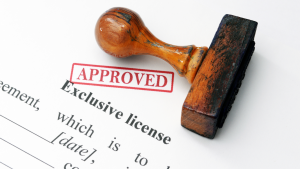
However, regional licensing isn’t without its drawbacks. It can be costly and time-consuming for developers to localize content and navigate legal requirements in different regions. Additionally, some consumers may feel left out if content is only available in certain regions.
Navigating the Legal Landscape
Understanding copyright laws for game developers is crucial to avoid any legal issues that may arise. Game developers must ensure that they have legal permission to use all content within their games, including music, images, and text. In addition, they must be aware of copyright laws in different regions since they vary by country.
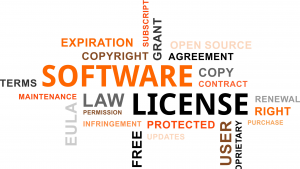
Different regions have their own data privacy protection law. For instance, the EU has GDPR (General Data Protection Regulation) so user data protection is also something to keep in mind To research legal requirements in different regions, game developers can consult with legal experts or use online resources provided by organizations such as the World Intellectual Property Organization. In some cases, it may be necessary to obtain specific licenses or permissions to release games in certain regions.
Read More on Most Common Legal Issues Faced by Game Developers
Conditions to Publish Online Games in Vietnam
What types of online game licenses are there in Vietnam?
Due to the complex nature of technology and the diversity in the development and provision of online gaming services, Vietnamese law classifies online gaming services as follows:
In accordance with Article 31, Clause 1 of Decree No. 72/2013/NĐ-CP dated July 15, 2013, by the Government on the management, provision, and use of Internet services and information on the network, online gaming services are classified as follows:
A. Online Game Service G1: This refers to online games with interactions between multiple players through the game server system of the enterprise.
B. Online Game Service G2: This refers to online games with interactions solely between players and the game server system of the enterprise.
C. Online Game Service G3: These are online games with interactions between multiple players but without interactions between players and the game server system of the enterprise.
D. Online Game Service G4: These are downloadable online games with no player-to-player interaction and no interaction between players and the game server system of the enterprise, commonly referred to as G4 games.

Conditions for Online Game Distribution in Vietnam
Article 10 of Decree No. 72/2013/NĐ-CP specifies that enterprises providing online gaming services must be legally established under Vietnamese law and provide online gaming services through the establishment of equipment systems and the lawful use of gaming software. Specific conditions vary depending on the type of online game, as follows:
1. Conditions for Providing G1 Game Services
Under this Decree, in Article 32, in addition to being legally established and having a business scope for providing online gaming services, enterprises must meet the following conditions:
- Have a registered domain name for providing services.
- Have sufficient financial, technical, organizational, and human resources suitable for the scale of operations.
- Implement measures to ensure information security and information security.
To obtain permission for the release of online games, enterprises must also meet the following conditions under Article 3 of this Decree:
- Hold a license to provide online gaming services with a minimum validity of one year.
- Ensure that the content and scenario of the online game do not aim to oppose the state, harm national security, engage in propaganda, incite violence, spread false information about the reputation of organizations or individuals, avoid images or sounds that are frightening, gruesome, and do not contain images or sounds describing suicide, drug use, terrorism, etc.
- Meet technical and professional requirements for providing online gaming services.
2. Conditions for Providing G2, G3, G4 Game Services
According to Article 33 of this Decree, the regulations for providing G2, G3, G4 online gaming services are no different from those for G1 online gaming services, except that the content and scenario of G2, G3, G4 online games are not subject to strict approval as in the case of G1 online games.
Procedures for Releasing Online Games in Vietnam
After identifying the required type of license and understanding the necessary conditions, the following procedures are to be followed:
1. Procedures for Applying for a License to Release G1 Online Games in Vietnam
To release G1 online games in Vietnam, the following two steps must be taken:
Step 1: Applying for a license to provide G1 online gaming services.
You need to provide necessary documents such as an application form, a copy of the Enterprise Operating License, and a plan to provide G1 online gaming services.
The Ministry of Information and Communications will process the application and notify the results within 30 days from the date of receiving a valid application.
Step 2: Applying for approval of the content and scenario of G1 online games.
The strict conditions mentioned earlier must be met, and the enterprise must submit documents to the Ministry of Information and Communications for the evaluation of the content and scenario of the online game. Within 25 days from the date of receiving a valid application, the relevant agency will notify the enterprise of the results.

2. Procedures for Applying for a License to Release G2, G3, and G4 Online Games in Vietnam
Enterprises wishing to release G2, G3, and G4 online games must go through the following two procedures:
Step 1: Applying for a certificate of registration to provide G2, G3, and G4 online gaming services.
The application should include necessary documents such as an application form, a copy of the Enterprise Operating License, a document confirming the legal use of the domain name for international domain names, and a plan to provide online gaming services.
Within a period not exceeding 20 days from the date of receiving a valid application, the Ministry of Information and Communications will review and issue the certificate of registration to provide online gaming services to the enterprise.
Step 2: Notifying the provision of G2, G3, G4 online gaming services.
At least 30 days before officially providing G2, G3, and G4 online gaming services, the enterprise must submit a notification according to Form No. 21 in Appendix I issued together with Decree No. 27/2018/NĐ-CP to the Ministry of Information and Communications for each online game that will be provided.
Within 10 working days from the date of receiving a valid notification, the Ministry of Information and Communications (Department of Radio, Television, and Online Information) will issue a certificate confirming the notification of providing online gaming services on the network according to Form No. 22 in Appendix I issued together with Decree No. 27/2018/NĐ-CP.
Please note that these procedures and requirements are based on the information available up to September 2021, and there may have been updates or changes to the regulations since then. It’s advisable to consult with legal experts or relevant authorities for the most current information and guidance on obtaining gaming licenses in Vietnam.
Best Practices for Game Localization and Regional Licensing
Want to ensure your game is a hit across the globe? Follow these best practices for localization and regional licensing. First, hire native speakers who understand the cultural nuances and language of your target region. Next, use localization management software to streamline the process. Conduct thorough market research to learn your audience’s preferences and needs. Finally, customize graphics and audio to fit the unique tastes of each region. By taking these steps, you’ll ensure your game resonates with players everywhere.

And if you don’t have time to do those stuff. There’s good news for you. Another way to speed up the process of localization and regional licensing is to partner with a local game publisher in a specific country or region to handle all aspects of game distribution and marketing. This approach allows game developers to tap into local knowledge and resources, which can help overcome cultural differences and language barriers.
A little advice from Gamota
Localization and regional licensing are critical components for the success of game development in today’s global market. Failing to consider the cultural and linguistic differences of your target audience can result in poor engagement and lower profits. To ensure success, here are some tips: hire native speakers, research the legal requirements of different regions, use localization software, and customize graphics and audio. Keep these in mind, and your game will be well on its way to international success.
Or, if you want a long-term partner who can share the burden of workloads, and even fund the game development process, collaborating with a local game publisher is more recommended. And here we are, Gamota is proud to say that we are one of the leading game publishing companies in Vietnam – a game powerhouse in Southeast Asia with millions of active gamers monthly. To deliver to you the best localization service is our honor and pleasure
CONTACT US NOW to get more info and advice, or Subscribe down below if you’re interested in our weekly newsletter

